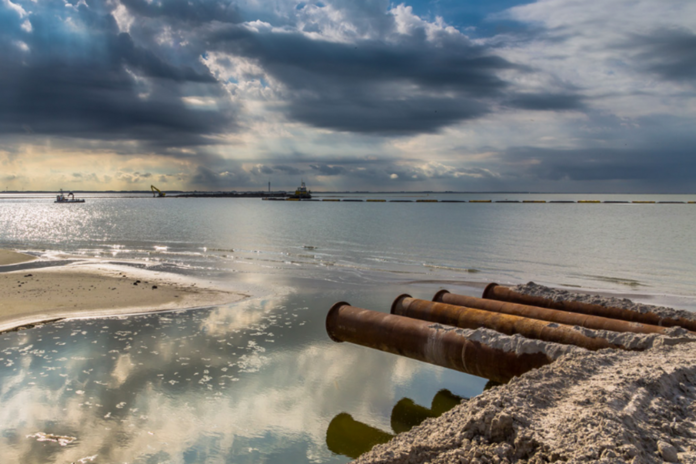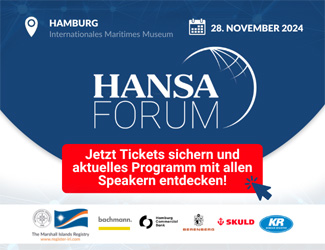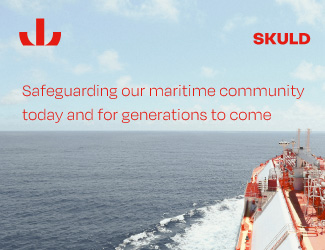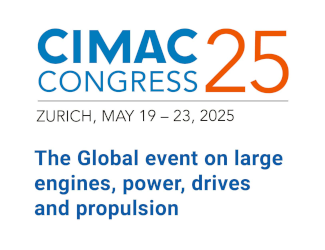
Including non-cash impairment charges of 840 mill. € after tax, Royal Boskalis Westminster has reported a net loss of 564 mill. € for the year 2016. In 2015 a net profit of 440 mill. was achieved.
Revenue declined by 20 % to EUR 2.60 billion (2015: EUR 3.24 billion). Adjusted for[ds_preview] consolidation, deconsolidation and currency effects, revenue was down 26 %.
EBITDA amounted to EUR 660 million and the operating result was EUR 385 million, both adjusted for impairment charges (2015 EBITDA: EUR 885 million and operating result: EUR 577 million).
Dredging & Inland Infra had a quiet year. The sharp decline in revenue was partly due to a very busy 2015 with the execution of the Suez Canal project, but also reflects the conditions in the market. Revenue and fleet utilization were negatively impacted by the suspension of work on the Pluit project in Indonesia. The results on projects in progress were reasonable.
Revenue rose at Offshore Energy due to the addition of the offshore activities acquired from VolkerWessels. These activities also made a good contribution to the result. The remaining activities made a reasonable to good contribution despite the deteriorated market conditions.
Towage & Salvage reported a lower result compared to the previous year, partly as a result of deconsolidation effects at Towage. Salvage had a good but very quiet year.
In light of the strongly deteriorated conditions in the offshore market and the resulting outlook Boskalis recently announced non-cash impairment charges of EUR 840 million after tax. These charges pertain almost entirely to the service-related part of Boskalis‘ offshore oil and gas activities and relate to the impairment of both vessels and goodwill.
At the end of 2016 Boskalis was net debt-free with a positive net cash position of EUR 203 million. The order book increased to EUR 2.92 billion (end-2015: EUR 2.49 billion).
»Rapid recovery in the offshore market is not expected«
Peter Berdowski, CEO of Boskalis: »After the best two years in Boskalis’ history, we found ourselves over the course of 2016 increasingly faced with the reality of the current market conditions, particularly in the offshore market. In that sense 2016 was a year of extreme transition for us, from economic high tide to low tide. The analyses carried out for our new business plan point out that a rapid recovery in the offshore market is not expected. And so where necessary we are adapting the organization to this new reality with further improvements in efficiency and effectiveness.«
According to the company, the market picture for the year ahead will be characterized by continued lower volumes of work and pressure on both utilization levels and margins. The current size of the order book means that a good part of the fleet will be occupied for 2017, albeit at lower margins than in previous years. The outlook for 2017 is less favorable at Offshore Energy. The market conditions combined with the outlook described gave rise in 2016 to the fleet rationalization project and resulted in the impairment of vessels and goodwill, particularly in the service-related part of the offshore oil and gas activities. A cost-reduction program has now also been launched, aimed at cutting head-office costs.
















